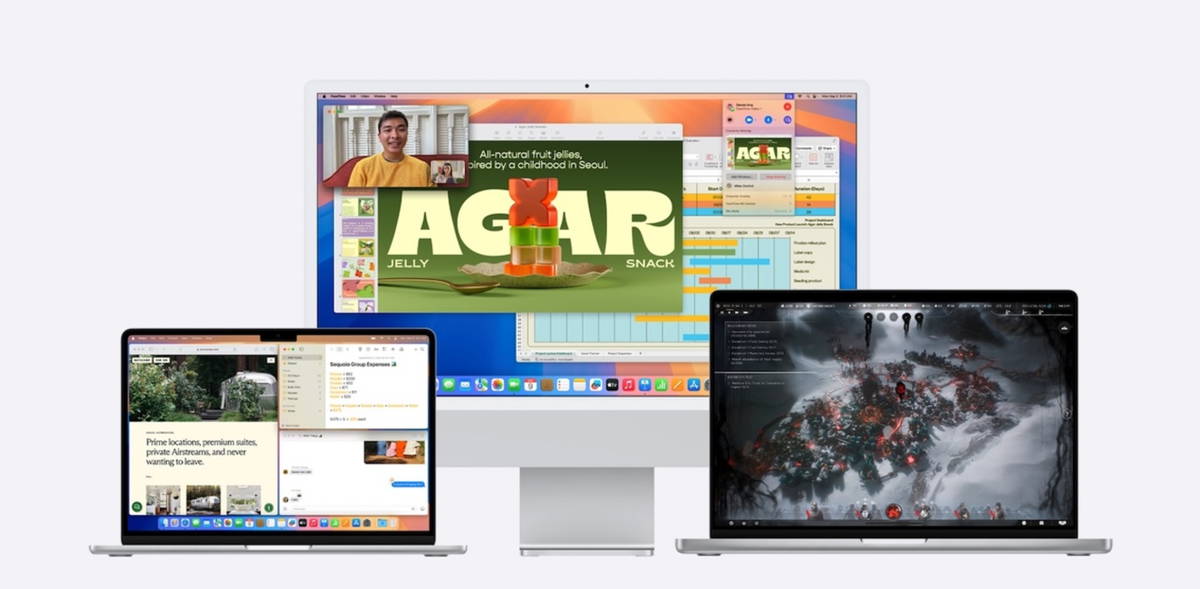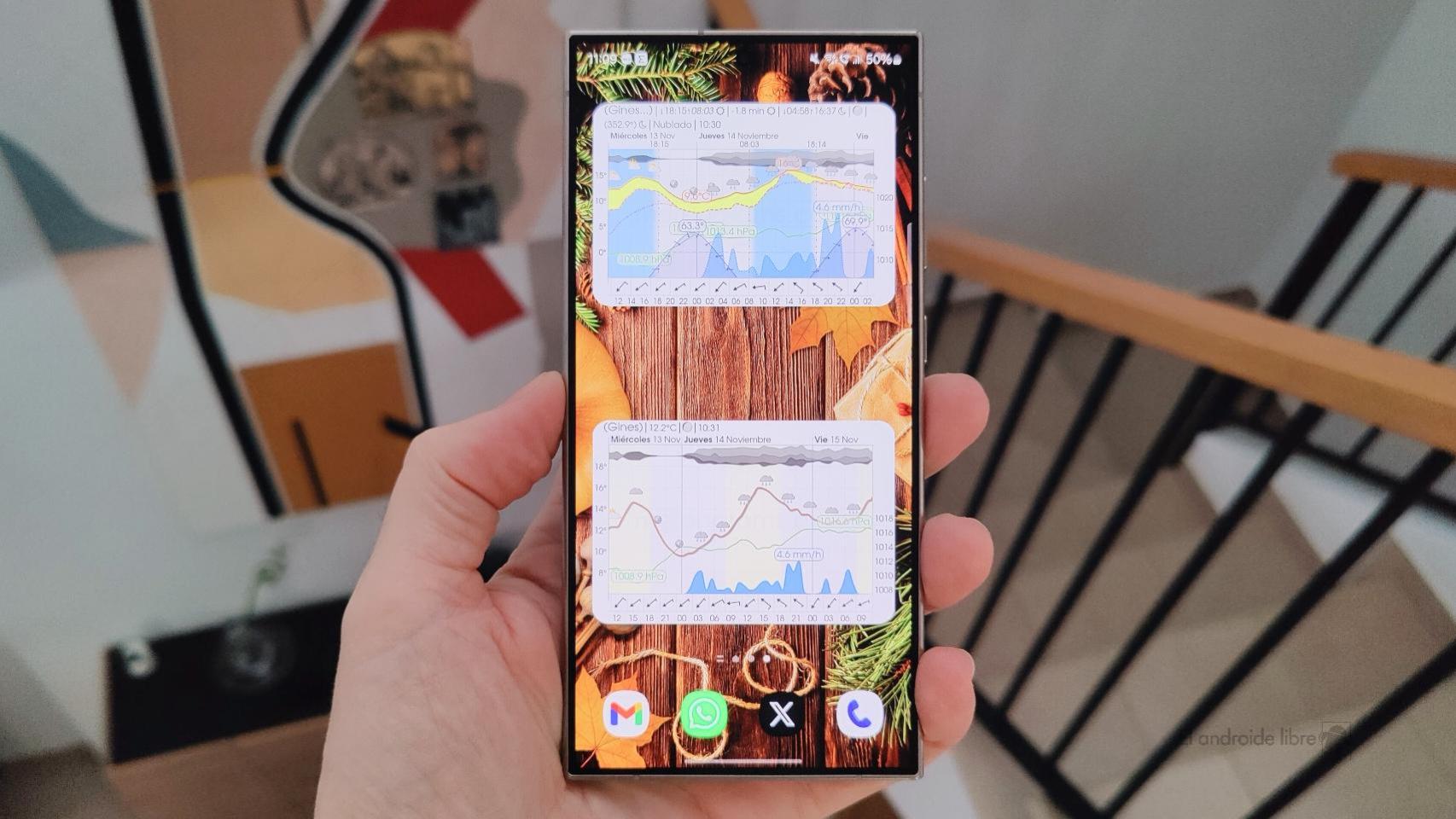We are about to see how Digital Markets Act, commonly abbreviated to DMA, comes into force. In reality, this has been causing some changes for some time, see the interoperability of messaging applications or the opening of sideload for Apple phones. Google is one of the companies designated by Europe as “gatekeepers” and must protect itself against monopolies.
Today, the Mountain View company published an update on the changes it had to make to stay within the European framework. Whether we realize it or not, the truth is that several services are affected, This is how Google services have changed
DMA also affects Android
On March 6, Europe will adopt the aforementioned law, the Digital Markets Act, a set of measures affecting the digital services we use in our daily lives. As we mentioned previously, the repercussions of this situation They are already appreciated on several frontsbut at Google, they also had to learn to adapt to regulations.


Google Play, as a digital service, must comply with European regulations
In the search giant’s publication it is mentioned how Android, Chrome and even Google Search will change (and have changed) for European users. For example, on Android, Google will have to display a screen allowing you to choose a default search engine and/or browser when you first configure a smartphone.
On the other hand, we know that Google services and therefore Google Apps, share data with each other. However, to comply with regulations, the American firm says it will present a new additional consent banner, to confirm whether its services can continue to share data. Obviously, the objective is the personalization of content and advertisements.
In addition, we will be given the possibility of keeping certain services linked such as YouTube, Search, Google Play and Chrome, among others. Depending on what is chosen, they will remain linked, sharing data with each other, or not. Although it is possible to personalize the choice, for example keeping YouTube and Google Play only.
Of course, like everything in this life, These elections will have consequences. If we choose not to link the Services, we may lose some functionality. In this sense, YouTube gave the first warning, with empty recommendations if we deactivated the history. The post gives an example of the Discover news carousel, which won’t show personalized content if we unlink Chrome.
Regardless, these are changes that should be well received by users, because in practice they guarantee transparency and above all their confidentiality. Now it will be up to each of us to benefit from greater privacy – and lose some features – or give in to what Google offers.
More information | Google
Cover image | Stable Diffusion XL with edition
In Xataka Android | Seven questions and answers to understand the new European law on “removable” mobile phone batteries









